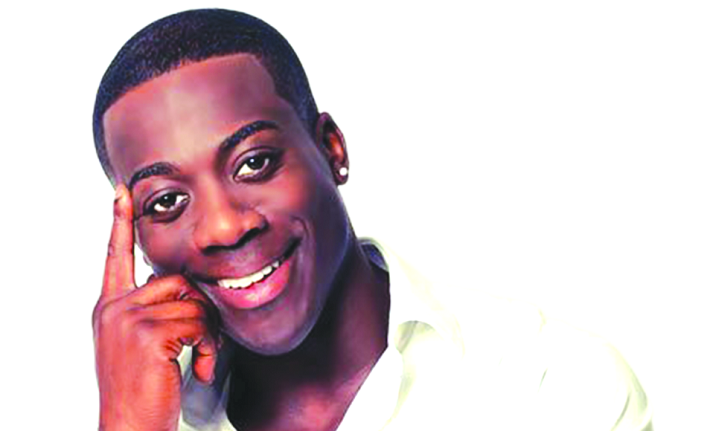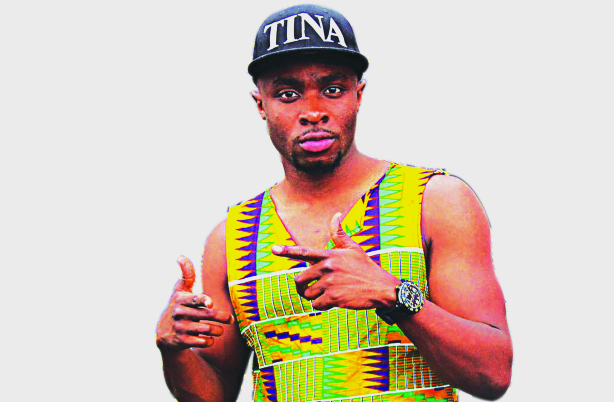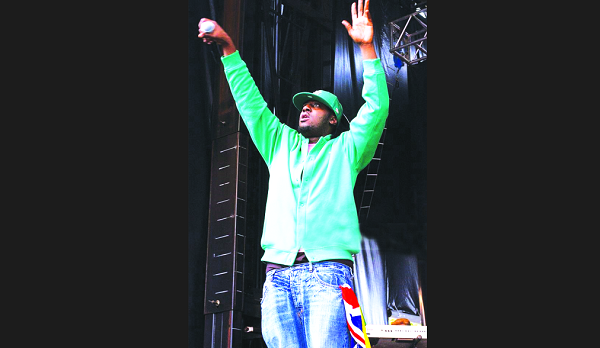![]()

The rise of Afrobeats
It's the new sound of the UK underground, reworking the African pop of Fela Kuti for kids reared on grime, hip-hop and funky house. With stars like Kanye West wanting in, just how big will it get?
Advertisement
As London ushered in its Olympic year at midnight on December 31, 2012, the official fireworks playlist blaring out over the Thames moved predictably through Vangelis, Soft Cell, Shirley Bassey and Adele.
But it was accompanied by one less obvious choice, D'Banj's Oliver Twist.
It may have been the first time most of the 250,000 revellers heard the hit-in-waiting from the Nigerian rap star, but it probably won't be the last.
At that moment, London DJ Abrantee, the man who gave the name "Afrobeats" to the hottest scene in the UK right now, was getting ready to fly to Egypt, where the very same song "tore the place apart" in front of a Cairo club crowd more used to house music.
Most people are familiar with the Afrobeat styles of Fela Kuti – Afrobeats is something different; with the addition of the letter "s" comes a whole new chapter in global pop music.

Abrantee's neologism describes a new sound – a 21st-century melting pot of western rap influences, and contemporary Ghanaian and Nigerian pop music – but it didn't drop out of a clear blue sky.
"I've been playing this music to three or four thousand people at African events in the UK for years," he explains. "Things like the Ghana Independence celebrations or the Hiplife festival at the O2 in London last year. Bringing it to the mainstream is a different ball game, though – D'Banj getting played on New Year's Eve at the Thames, that kind of certifies it now – this is serious! For years we've had amazing hiplife, highlife, Nigerbeats, juju music, and I thought, you know what, let's put it all back together as one thing again, and call it Afrobeats, as an umbrella term. Afrobeat, the 60s music, was more instrumental – this Afrobeats sound is different, it's intertwined with things like hip-hop and funky house, and there's more of a young feel to it."
It certainly is young – Abrantee only coined the term when his Choice show launched in April 2011 – but Afrobeats has found its way on to the MP3 players of a generation of under 18s looking for an alternative to British urban pop music.
"It's striking how young they are – when I do these Afrobeats events there's thousands of people, and they're all youngsters, really."
The kids are always the earliest adopters, though, so Abrantee reckons that this bodes well.
It's not just the Afrobeats fan base that's growing rapidly in the UK, but the interest from British and American urban music acts too. Ghanaian rap superstar, Sarkodie has already collaborated with UK artistes, Donaeo and Sway.
According to Abrantee, the funky party sounds now emanating from Ghana and Nigeria are providing an injection of new energy into UK urban and US hip-hop.
"The floodgates have opened. Music is always evolving, and everyone's always looking for the next drug. Funky house has died out, grime is still there but it's gone back underground, electro-pop's got UK urban music in the charts, but that'll die out too, it's got a short shelf-life.
So everyone's looking for the next thing, the next hype – and people are finally noticing I'm getting 3,000 people coming out to dance to Afrobeats."
For British-Ghanaian hip-hop stalwart Sway, who has been rapping over Ghanaian beats and collaborating with Accra's finest for almost a decade, there are obvious similarities between the 1960s Afrobeat that swept the world and what's happening now.
"Fela Kuti is obviously a massive legend in the game, and what he was doing is not too different to what D'Banj is doing now – taking western influences and adding them to African culture, and coming up with something new, that appeals to everyone."
Even with that history, Sway reckons that technology has heralded a highly accelerated three-way cultural exchange between Africa, America and Britain.
"African music in Africa is evolving in relation to what's going on abroad too. Through the internet, they’re picking up certain trends much quicker.

For example, you have Auto-Tune and western styles of singing cropping up on all these Afrobeats tracks."
You can hear this influence on Nigerian rap star, Ice Prince's hits, Oleku and Superstar, and, he says, Afrobeats itself marks a new musical progression: "There's been a serious change in the music coming out of Africa lately," he explains.
"The sound is heavier and clearer, the videos are better, there's been a positive growth in the African music scene. It was just a matter of time before people paid attention."
And now, Sway's peers in the UK and the US are waking up to Afrobeats' secret: it's accessible on so many different levels, but at its core it's just irresistible pop music.
For Sway, its power is blindingly obvious: "When you've got African swag and African traditions combined with up-to-date western styles, and singing in English, well – you've got a winning formula on your hands."
Source: theguardian



